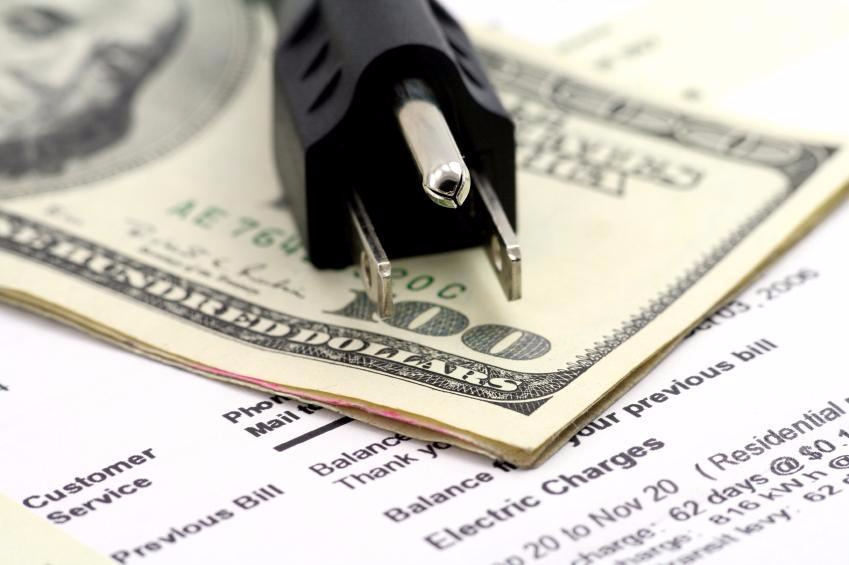AARP Hearing Center

Like many people during the pandemic, Robin H. Wright, 64, found it hard to keep up with her electric and gas bills last winter.
She initially blamed the higher prices on colder weather. But then Laurel Peltier, 56, an AARP volunteer who also helps out at a Baltimore energy assistance center, examined her bills.
Peltier discovered that Wright, of Randallstown, had been paying double the standard rate through a third-party energy supplier.
“I felt like I was being taken advantage of,” said Wright, who is a retired MTA bus driver.
Maryland restructured its energy market in 1999, allowing people to purchase their electric and natural gas supply directly.
Consumers can keep the standard rate their local utility offers or shop for a better deal through a third-party supplier, which buys electricity and gas from generators and sells it back to residents.
The change was supposed to save people money by giving customers choices and sparking competition among suppliers. But that’s not happening.
Maryland households paid $399 million more to third-party electric suppliers from 2015 to 2019 than they would have if they had stayed with their local utility, according to a recent Wall Street Journal analysis of U.S. Energy Information Administration data.
Often, consumers are hooked with a low introductory rate or enticed with gift cards or airline miles, but soon after they sign the agreement, prices go up. Sometimes there’s a hefty fee to cancel.
State Del. Brooke Lierman (D-Baltimore) and state Sen. Mary Washington (D-Baltimore) sponsored a bill—supported by AARP Maryland and passed by the General Assembly this year—that requires third-party suppliers to charge people receiving state energy assistance grants the standard rate or lower.
AARP is educating adults 50 and over about third-party suppliers as part of its Fraud Watch Friday webinars and plans to hold an energy conference this fall on ways to strengthen state laws to better protect consumers, said Tammy Bresnahan, AARP Maryland advocacy director.
“We don’t want to get rid of third-party suppliers; we just want them to be held accountable and to be more transparent,” Bresnahan said.
The Retail Energy Supply Association, which represents third-party suppliers, opposed the bill, arguing that there are already ample consumer protections and a process to punish bad actors through the Public Service Commission (PSC).
But advocates say many older adults aren’t comfortable filing a PSC complaint and making sense of numerous offers is confusing.
Since the bills still come from traditional power companies like BGE, many people don’t realize they’re even on a third-party contract, said Peltier, who works with GEDCO CARES, a nonprofit community center in Baltimore. In some cases people are illegally switched without their permission, she added.
Visit energysupplierhelpdesk.org/consumer for tips on figuring out if you’re overpaying. Email md@aarp.org or call 866-542-8163 for help understanding your bill or to become an AARP advocacy volunteer.
Natalie Missakian is a writer living in Cheshire, CT.
More from AARP Maryland































































